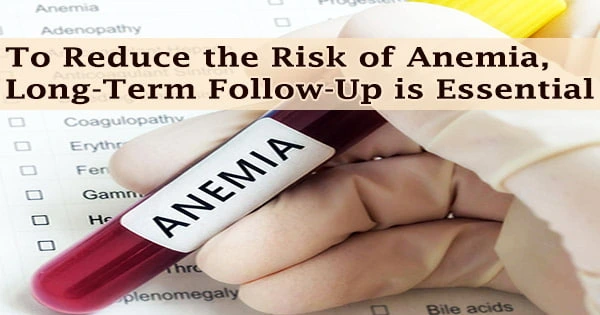According to a new study of over 166,000 UK adults presented at this week’s European Congress on Obesity (ECO), held online this year, vegetarians appear to have a healthier biomarker profile than meat-eaters. This applies to adults of any age and weight and is unaffected by smoking or alcohol consumption.
Biomarkers have been widely utilized to measure the influence of diets on health and can have both negative and positive health consequences, promoting or avoiding cancer, cardiovascular and age-related illnesses, and other chronic problems. The data on the metabolic advantages of vegetarianism, on the other hand, is mixed.
Researchers from the University of Glasgow conducted a cross-sectional study analyzing data from 177,723 healthy participants (aged 37-73 years) in the UK Biobank study who reported no major dietary changes in the previous five years to see if dietary choice can affect the levels of disease markers in blood and urine.
According to their self-reported diet, individuals were classified as vegetarians (do not consume red meat, poultry, or fish; 4,111 participants) or meat-eaters (166,516 participants). The researchers looked at the link between diabetes, cardiovascular disease, cancer, liver, bone and joint health, and kidney function, and 19 blood and urine indicators.

Researchers are found that those with a poor habit or two gain the most from cutting less on red meat by looking at the sources of proteins in their diet. Although some vegetarians and vegans are outspoken about the health advantages of their diets, a recent study shows that plant-based proteins may be most useful to those who have more than one bad behavior. People who smoked, drank at least 14 grams of alcohol per day, were overweight or obese, or were physically sedentary benefited the most from plant-based diets.
Also, eating proteins from plants aided those under the age of 65 and those over the age of 80 the most. Researchers discovered that switching just 3% of a person’s calories from animal proteins to plant proteins reduced their chance of dying from any cause.
The benefits of avoiding processed red meat specifically resulted in a 34 percent reduction in fatalities. A reduction of 12% was achieved by eliminating unprocessed red meat. Substituting fruits or vegetables for eggs resulted in a 19 percent reduction.
Even after controlling for potentially important variables such as age, sex, education, ethnicity, obesity, smoking, and alcohol use, the study revealed that vegetarians had significantly lower levels of 13 biomarkers than meat-eaters, including: cholesterol in its complete form; low-density lipoprotein (LDL) cholesterol the so-called bad cholesterol; apolipoprotein A (linked to cardiovascular disease), apolipoprotein B (linked to cardiovascular disease); gamma-glutamyl transferase (GGT) and alanine aminotransferase (AST) liver function markers indicating inflammation or damage to cells; insulin-like growth factor (IGF-1; a hormone that encourages the growth and proliferation of cancer cells); urate; total protein; and creatinine (marker of worsening kidney function).
Vegetarians, on the other hand, exhibited lower levels of favorable biomarkers such as HDL (‘good’) cholesterol, vitamin D, and calcium (linked to bone and joint health). They also exhibited considerably greater levels of lipids (triglycerides) and cystatin-C in their blood (suggesting a poorer kidney condition).
Blood sugar levels (HbA1c), systolic blood pressure, aspartate aminotransferase (AST; a measure of liver cell damage), and C-reactive protein (CRP; inflammatory marker) were all found to be unrelated.
“Our findings offer real food for thought,” says Dr Carlos Celis-Morales from the University of Glasgow, UK, who led the research. “People who adopt a vegetarian diet consume more vegetables, fruits, and nuts, which include more minerals, fiber, and other possibly beneficial components, in addition to avoiding eating red and processed meat, which has been related to heart disease and various malignancies. These nutritional differences may help explain why vegetarians appear to have lower levels of disease biomarkers that can lead to cell damage and chronic disease.”
Chickpeas, olive oil, tahini, and lemon juice are generally the only four components in hummus. Chickpeas are the only one of these four ingredients that keto dieters should be concerned about. While most keto dieters try to keep their daily total carb consumption under 50 grams (or net carb intake, which is total carbohydrates minus fiber, under 25 grams), 1/2 cup (90 grams) of cooked chickpeas has 20 grams of total carbs and 13 grams of net carbs.
The authors remind out that, despite the size of their study, it was observational, so no inferences regarding direct cause and effect can be formed. They also point to certain limitations, such as the fact that they only examined biomarker samples once for each participant, and that biomarkers may change due to reasons other than food, such as pre-existing illnesses and unmeasured lifestyle factors. They also point out that we relied on people reporting their dietary intake using food frequency questionnaires, which isn’t often accurate.
















